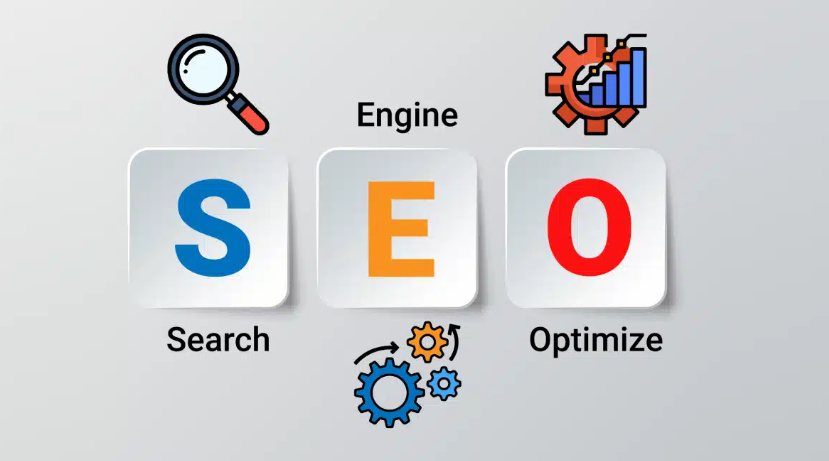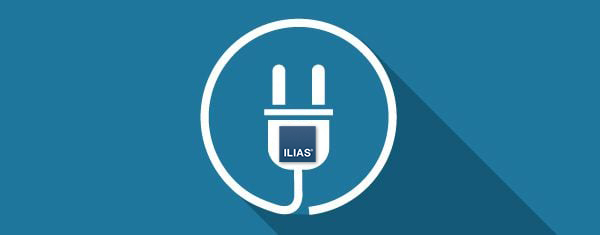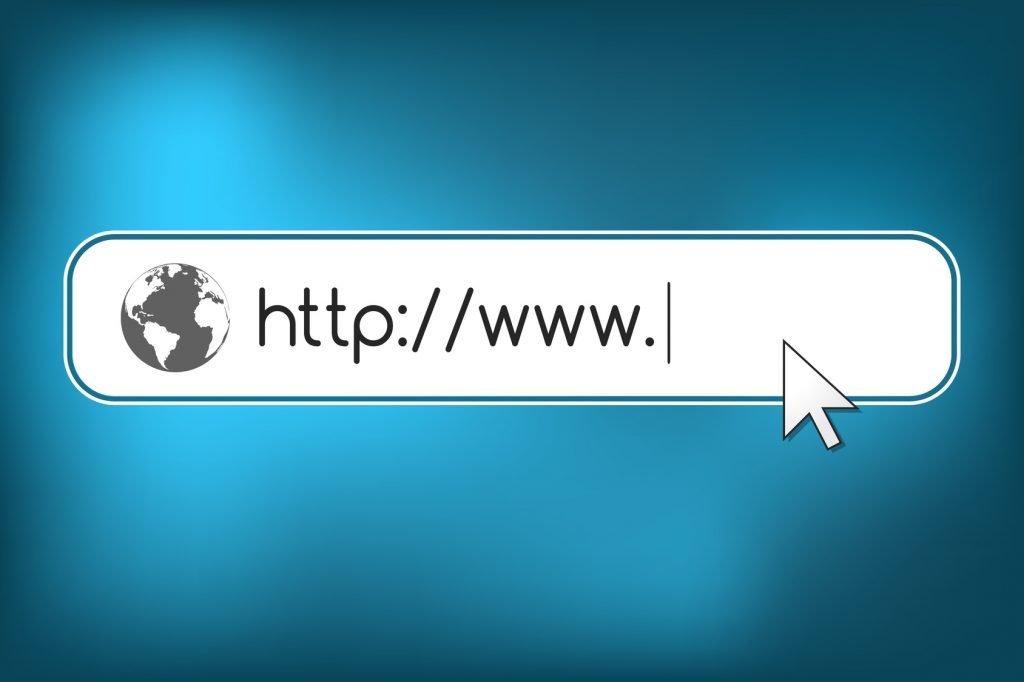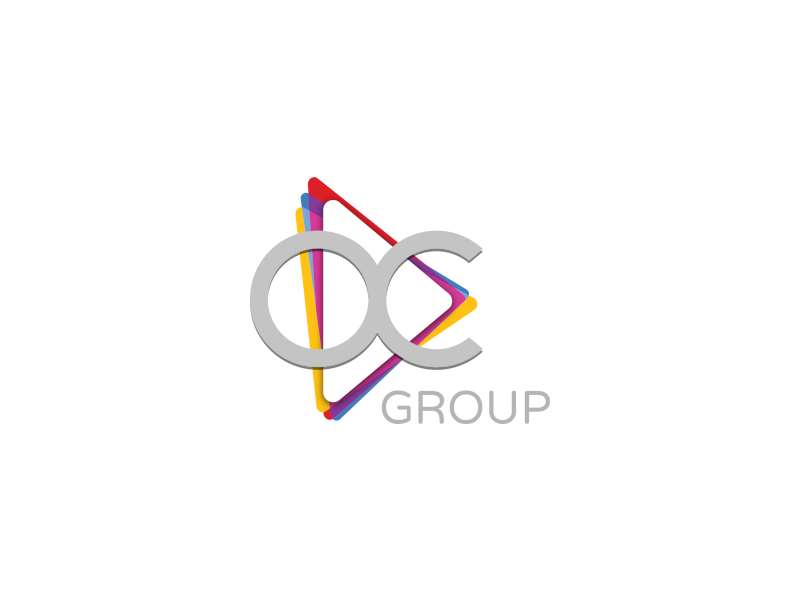
But what exactly are we talking about?
ILIAS is an open-source LMS platform known for its robustness and flexibility in the world of digital learning. It was designed primarily for internal teaching, with a closed and secure structure, ideal for managing courses and training content. However, we wanted to bring this excellent LMS to a public and informational use as well, especially in terms of visibility on search engines.
Starting from this need, we developed an SEO plugin specifically for ILIAS, with the goal of finally making the platform indexable by Google and turning it into a system capable of competing, in terms of visibility, with modern CMSs. The idea behind the project was simple: keep the power of ILIAS as a training platform, but open it up to the web as a true communication tool.

In its original state, ILIAS has some limitations that hinder proper SEO optimization. The automatically generated URLs are often numeric and not very readable, making it difficult for Google to interpret the content structure. On top of this, there are many duplicate or very similar pages, unintuitive metadata management, and a certain confusion in the indexed content, which can lead search engines to display irrelevant results.
With this development, ILIAS finally becomes a platform that is open to the web, capable not only of delivering training, but also of communicating, informing, and being found. It’s an important step towards a digital learning ecosystem that is increasingly connected, transparent, and accessible.
Our SEO Plugin for ILIAS was created precisely to solve these problems. Today it allows you to generate user-friendly, semantically meaningful URLs, set custom meta titles and descriptions, and centrally manage canonical* tags and redirects*, reducing duplication and improving the quality of indexing. We also introduced automatic generation of the XML sitemap, compliant with Google standards, and the ability to configure the hreflang* tag, essential for those managing multilingual sites.
The result is a platform that retains its nature as an advanced LMS but behaves, from the point of view of online visibility, like a real CMS. SEO management finally becomes simple, coordinated, and suitable even for complex installations, with centralized control that improves efficiency and reduces errors.
During development, we also integrated a series of editorial best practices to ensure a proper content structure: a single main title per page, a clear heading hierarchy, unique and relevant texts, and a strategic distribution of keywords. All of this is supported by constant monitoring via Google Search Console, to verify the actual quality of indexing.
Looking ahead, the project will continue to evolve. We are already working on the integration of structured data, which will make it possible to enrich search results with rich snippets and further improve content visibility.
* canonical: indicates that a page (or an entire website) actually refers (as a copy or a summary) to another page, and therefore should not be indexed. For example, the ILIAS login page has the website’s home page as its canonical; or on IMA QAS the canonical is (manually) set to IMA Prod, and so Google understands that any page on QAS should be considered a duplicate and should instead refer to Prod.
* redirect: is used to let ILIAS understand the new permanent links, meaning that when you give it the page name it returns the content you were looking for (or a 404 error if nothing is found). On top of this we have a “history”: if a page has recently changed its name and you search for it (perhaps because it’s in your bookmarks) using the old name, the plugin is designed to send you to the page with the new name.
* hreflang: is used to tell Google that the page being viewed is also available in other languages, and it also provides the links to these translations


